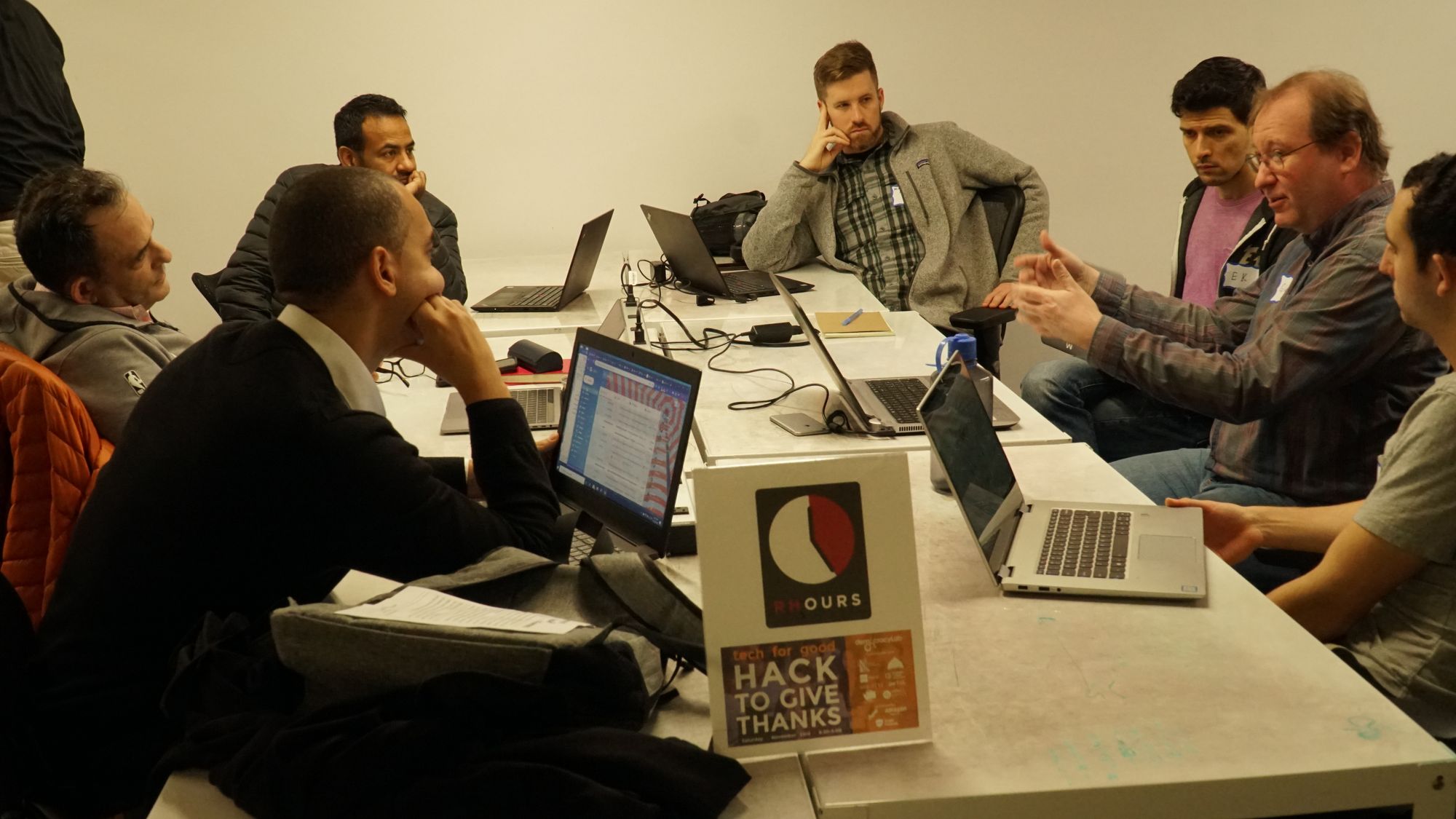RHours Seeks to Create Software-Defined Ownership Economy

For project leader Glen, RHours represents the intersection of two areas of interest; a fascination for software development that began in childhood, and a passion for social equity and wealth distribution that burgeoned as an adult. His ambitious project seeks to address the inherent inequality in business ownership, where employees and employers are often on unequal footing. Instead of adhering to the simple “time for money” model, RHours seeks to spread responsibility, revenue and time commitments among the stakeholders in a business, from the top to the bottom.
Glen likes the example of a food truck; a sole proprietor would take all the work and all the responsibility of the business, but in return would garner all the resulting revenue. Under the RHours model, all stakeholders would come together using “contribution bonds” (legal agreements determining equity among partners) to formalize processes and distribute efforts and rewards. Using this model, Glen hopes to formally create a culture of transparency so that future organizations can capitalize on the accomplishments (and avoid the pitfalls) of the old.
It’s hard to convince people that they can benefit from distributing their power. It’s an even bigger ask to convince people to allocate time toward a model with seemingly latent payoff. However, research in organizational psychology shows that increased employee investment yields greater productivity; with that and a dash of technical wizardry as guiding forces, the RHours team is optimistic that their model will see more success as it develops.
At the hackathon, the RHours team worked toward developing a “business model for their business model” and outlined a few use cases. They sought to determine metrics and standards for co-ownership to help formalize the “contribution bond” and establish procedures for decision making and workload breakdown. By comparing a single-point ownership system to multi-point ownership systems, they outlined ways to address value allotment inequity and come up with a common model. If you have experience navigating business law and can offer insight into contract language, contact Glen on DemocracyLab. He’s also looking for small business owners and entrepreneurs to test the model and offer feedback, or give advice on everything from best practices to tax implications. Anyone with a background or expertise in economics would also be welcome.
